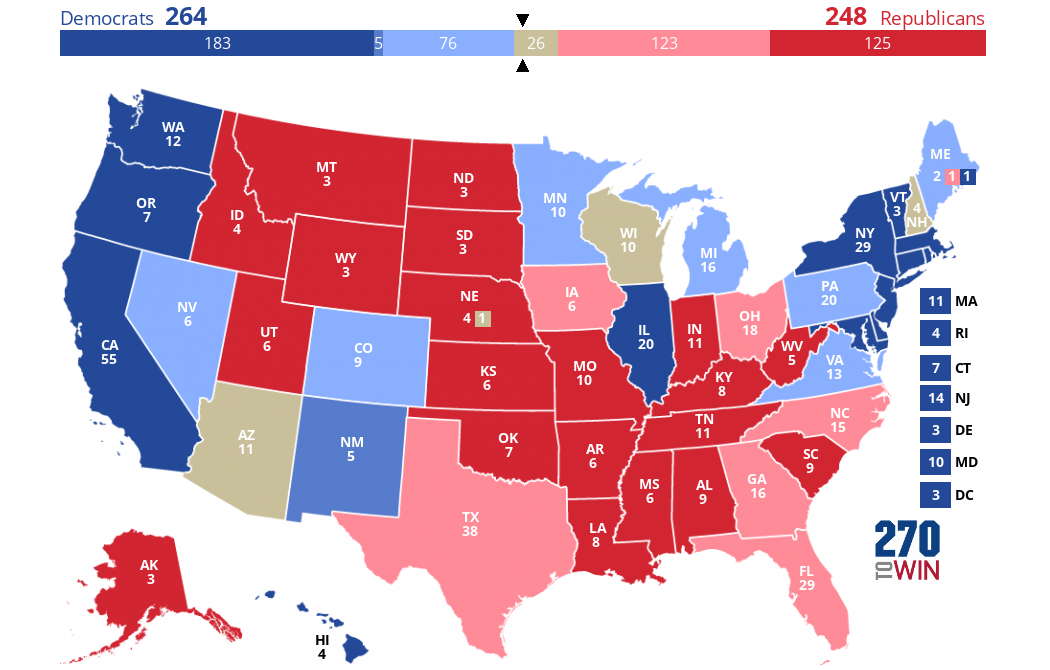Originally posted by Teenwolf
View Post
While the term "Banker" isn't as generic as say "Doctor," its still a fairly generic term. There are Investment Bankers, Commercial (consumer) Bankers, Mortgage Bankers, Ag Bankers, etc. There are different types of "banking" charters; commercial banks, savings and loans/thrifts and credit unions. There are many different types of finance companies, including commercial, consumer, auto, medical, etc. I suppose you can include any one of these industries in the general phrase "banking industry," but I wouldn't.
I suppose you could include the Pay Day Lenders in the "bankers" catch all, but, again, I certainly wouldn't want you to make that mistake. They are completely different animals from the stereotypical bankers I believe you are thinking of. There are many different types of bankers within each subset of those larger groups, such as the "Wall Street Bankers" and TBTF Bankers vs. community bankers and the George Bailey types, of which I consider myself. Having said all of that, I certainly can't speak for all "bankers" or the "banking industry" as a whole. I can only speak for myself and in general for my segment of the banking industry. Bankers in my world are more likely than not to be fiscal conservatives and capitalists. Therefore, one could conclude that Bernie and AOC aren't getting invited to a lot of parties in the commercial banking world, nor is Elizabeth Warren or any others clamoring for more regulation, of any type.
Most commercial/consumer bankers believe that our segment of the banking industry is over-regulated and we are paying for the sins of others from the past crisis. The regulations put in place to protect against fraud that was rampant in the early to mid 2000s didn't even impact those that caused the crisis.
As for capping interest rates on credit cards, I think revo was right on with his assessment what might happen, except, might is the wrong word. He is right that interest rates are based upon risk, not whatever they can get or squeeze out of the debtor. Popular misconception. The higher the risk the higher the rate paid. If you cap the rate, you WILL see credit turned off for those with marginal or poor credit histories, for low to moderate population groups, and people with no credit will find it difficult to build credit. It will have a dovetail impact on the mortgage industry, making it harder for first time homebuyers to qualify for mortgages. Credit cards are largely unsecured credit. Default on unsecured loans is typical three to four times as high as on secured loans. When talking about subprime credit cards vs general credit cards (subprime being even higher risk than typical) these default rates are twice those of standard card holders. The higher the risk, the higher the rate, the potential for higher returns.
Pay Day/Car Title lenders are whole different can of worms. Most bankers in my world see them as them as scourge to consumers and give an even worse name to all of us in the consumer lending world. You could outlaw payday lending and wouldn't blink an eye. Its always all about educating the customer. If a Pay Day borrower is educated to know the pitfalls of doing this type of borrowing, they could keep the lenders from gouging them.





Comment